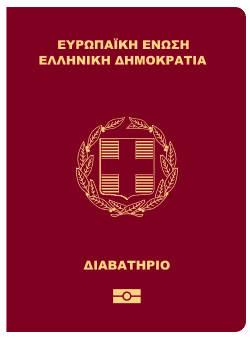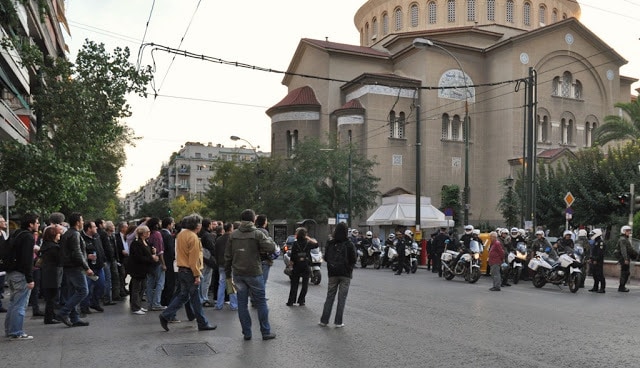How to get Greek citizenship, for Greeks living abroad
Αυτή η ανάρτηση είναι επίσης διαθέσιμη στο: Greek
The roots of the Greek family are deep and transcend time. Second and third generation Greeks born abroad keep the customs and tradition of Greece and even speak the Greek language, but this doesn’t mean that Greek citizenship is a matter of course.
The way in which someone can get Greek citizenship isn’t easy, but neither is it widely known.
We can begin by finding the last ancestor born anywhere in Greece whose birth certificate can be traced. If the ancestor is a father or a mother, then the process is very easy. If the ancestor is a grandfather or great-grandfather, then the search can go as far back as the Boys Records (Mitroon Arenon) that covered archives as far back as the final decades of 1800.
If we have a birth certificate or documentation from the Boys Records, then we can proceed to gather the rest of the paperwork needed. For instance, if the grandfather was the ancestor born in Greece then it is necessary to find the marriage certificate of that relative, regardless as to whether the marriage took place in Greece or abroad, followed by the birth certificate and marriage certificate of the parent whose lineage is Greek followed by the citizenship applicant’s own birth certificate.
The documents need to be in their original forms, translated to Greek either by an embassy or lawyer who knows the language in which they are written. The applicants need to sign a series of documents required for Greek citizenship at the embassy of their place of residence. All the documents are then gathered and sent to the region where the Greek ancestor lived. From there, an act certifying Greek nationality status is sent with a file to the relevant municipality for enrolment. As soon as the applicant is enrolled at the Municipality, Greek citizenship and a passport become a matter of course.
Minors automatically receive citizenship parallel to the parent who has a write to it. If they become of age they need to submit a different application.
Anastasia C. Miliou is an Attorney at Law at the Court of Appeals with experience in international law and a large clientele in both Greece and abroad. If you would like questions answered as part of her articles, you can e-mail her at natmil@otenet.gr or visit www.legalaction.gr


















 English
English Ελληνικα
Ελληνικα
Hello: I am a Greek Orthodox, baptized in The Holy Trinity Church in Lowell, MA. My Pa, Antonios Albanis, was born in Kalabaka, Greece. He became naturalized when he came to America during WW1 and joined the US Army. Am I entitled to acquire Greek Citizenship? Thank you, with warm regards,
Marina (Albanis) Cacici
I would love to aquire my Greek citizenship. I am born in Canada and both my parents were born in Greece.What do I have do to achieve my goal ?
Greetings, I am Lebanese-American, baptized and raised in the Antiochian Orthodox Faith. My husband George N. Nikolopoulos was born in Greece and is a naturalized American citizen. We married in 1967 in the Holy Trinity Greek Orthodox Church, Lowell, MA. USA. We own a home in Greece in the village my husband was born – Kastoreion, Sparta, Lakonia, Greece. I would like to obtain a Greek I.D. so that I may vacation in Greece for longer than 3 months with being fined. According to the Shengen (?sp.) laws, after vacationing in Europe for over 3 months, I must pay a fine. My heritage is full Lebanese-American and I believe there is no relative in my line with Greek origin – although my father told me (before he died), that the first person to come to his Village in Lebanon was a Prince of Greece (Alexander the Great?) (lol). I sincerely appreciate any help you can offer.
Gale E. (Ghareeb) Nikolopoulos
Dear Gale,
Unfortunally only those who have ancestors with greek origin can become Greek citizens. Your husband’s greek origin allows only your children to apply and obtain it, but not you.
Kind regards
Natassa Miliou
Attorney at Law
I would like to receive information on being able to have duel citizenship. Both my parents were born in Greece.
I was born in Australia.
With thanks Fotoula Afentoulis